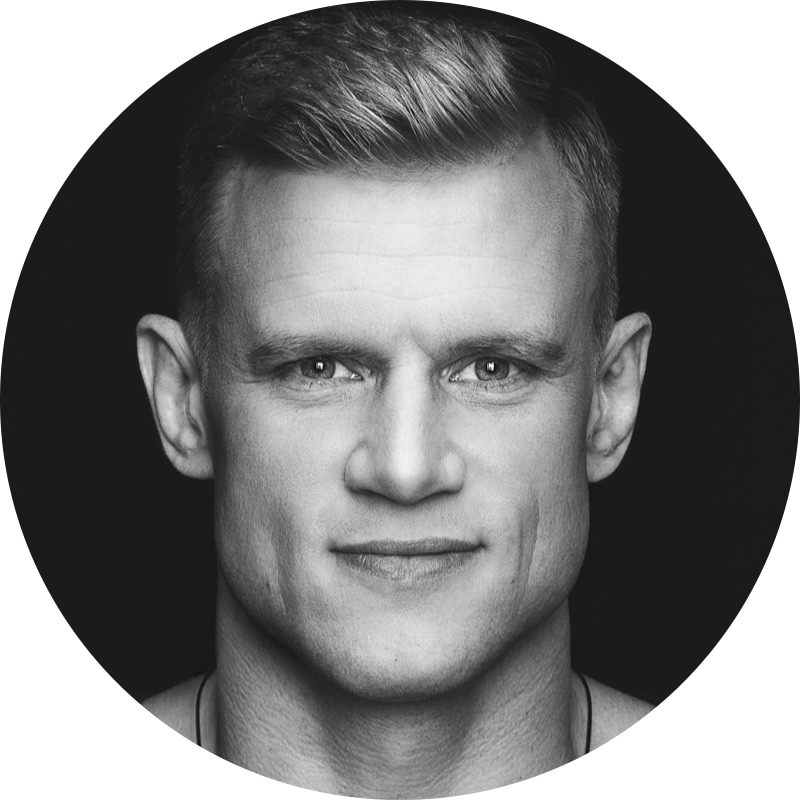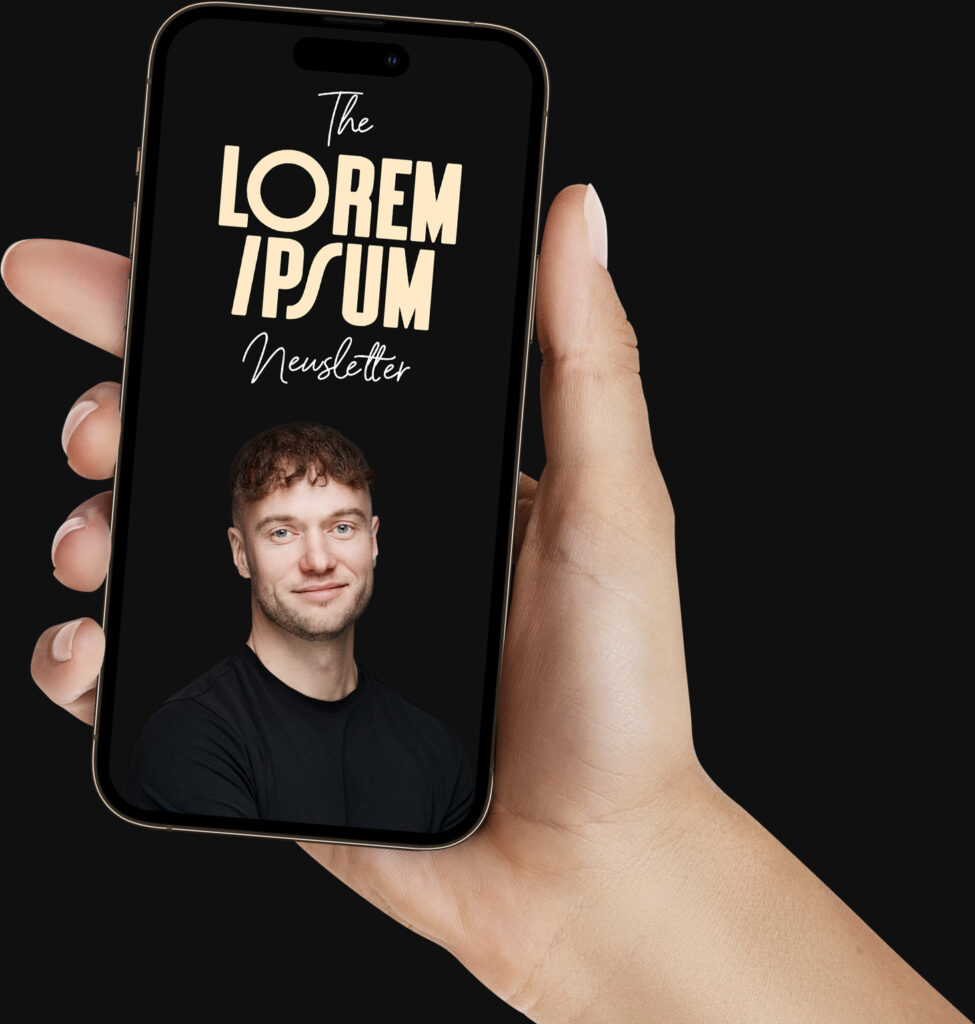Hi friend!
Today’s Lorem Ipsum newsletter is a bit different.
Instead of sharing a framework for content writing or business building, I will talk about something even more important: introducing and sticking to positive habits.
A world-class editing framework won’t help you if you don’t have a writing habit in place.
Let’s face it: habits are everything. If you think of where you’d want to be in 5 years and identify the daily actions that would take you there, it will likely happen.
The stakes couldn’t be any higher because if your habits and systems are moving you in the right direction, all you’ve gotta do is stay patient. If not, or your habits are negative, staying patient means digging yourself a hole.
So getting your habits right now is one of the most important things you could do for your future self.
Here are 3 steps that have helped me introduce and stick to positive habits.
I used these formulas last winter to finally start going to the gym 5 times a week, waking up early, and having daily writing and reading routines.
The effect has been profound – both in my overall happiness and success.
Here’s how I did it.
Step 1. Don’t start too many habits at once.
I used to take pride in having lots of hobbies and being social.
However, seeing how this lifestyle did not get me where I wanted to be, I wondered if all that was really that important.
I realised that fewer things are necessary than I previously thought. During the winter, I only had two priorities: exercise and work (this includes business, writing, and reading).
I rejected anything that took focus away from those.
You will find that nothing really changes when you don’t go clubbing, dancing, hiking, and watching sports and movies. Care about your habits more than accepting invitations.
Limiting the number of things on your plate makes it much easier to do the important things, think and reflect, and develop a liking for the new habits.
Remember, a man who chases two (or too many) rabbits habits catches none.
Step 2. Determine which habits are upstream to others.
Let’s use the examples of habits I wanted to introduce – waking up early, reading and writing daily, and working out.
I found that if I could wake up early, an hour of reading would come naturally as the first thing in the morning. If not, my day often struggled to take off, and I rarely found time in the evening to make up for that. Waking up early was a precursor to other habits, meaning it was upstream.
But waking up and especially going to sleep at a fixed time was very difficult for me. I wouldn’t be sleepy on time and then postpone my alarm, not to sacrifice sleep time.
I could solve this by working out, spending calories, and properly tiring myself out.
Therefore, the working out habit is even more upstream to waking up early.
Moreover, working out and going on walks provided valuable time for reflection and ideation, which often gave me the best ideas to write about.
So I knew going to the gym was the habit I needed to focus on first. In the next step, I will talk you through exactly how I cracked it.
Step 3. Pick apart the upstream habit.
Even though I was fully aware of the benefits of going to the gym, it wasn’t easy to do.
I was good at finding excuses to skip, such as “I didn’t sleep enough” or “I have too many urgent things on my task list.”
Something was making me bring up these excuses. I needed to work through it. Here are the questions I used.
Was it impossible to stick to this habit because my life was too chaotic and circumstances were constantly changing?
Clearly not, I couldn’t be the only one who was busy. I saw other people uphold multiple jobs and raise children but still manage to go to the gym.
I knew this wasn’t the determining factor here. So I needed to keep looking.
What helped me was a formula I found online:
When introducing a habit, prepare yourself for the worst-case scenario.
For example, say, “I will go to the gym every day while underslept and having a task list filled with urgent tasks.”
Whenever that’s not the case, consider it a bonus.
With this in mind, I stopped negotiating with myself if it made sense to go or not.
What’s the goal here in the first place?
We had started going to the gym with our friends to have a great summer body. Here’s how I saw it: “If I could just win my inner negotiations 100 times, I would be in shape for 8 weeks.”
And then what? I will enjoy the fruits of my labor, lose the discipline, and do it all again next year.
Such a temporary dream outcome wasn’t passing the bullsh*t filter of my subconscious.
That’s when I remembered a quote from James Clear: Changing habits starts with changing identity. Basketball players don’t overcome their self-talk every day to show up and play; It’s just what they do.
So I worked on my self-perception. I formulated it as “I’m a healthy person who loves being active. I want to attract those people into my life and set a great example.” Adopting a new identity made going to the gym feel natural and not something I would have to force myself to do.
Do I not like it because the workouts are too hard?
Surprisingly, the opposite was true. Since we were going to the gym with 5-6 guys, we would lift a modest weight everyone could handle. There was no time for drop sets or adding extra plates just for me. But because of this workout method, my progress slowed down.
I remembered Carl Jung’s quote: “Men don’t despise suffering as such, but the meaninglessness of it.” Even though I was bringing myself to the gym and working out, I wasn’t progressing, so the suffering was meaningless. So I started going alone, adopted a new workout plan, and saw way better results – the suffering attained a meaning. This was a game-changer.
Working through these questions was draining but resulted in a wildly beneficial habit, which I now thoroughly enjoy.
I am sharing this example to demonstrate how you could hack your own habits. I could’ve easily quit the gym after not liking it at first. But I knew that cracking this would enable the rest of my life to improve, and I worked on it until it worked.
Hopefully, this gets you thinking about how you can do the same for yourself and live a better, more successful life.
That’s all today.
See you next week.
Vahur
Whenever you’re ready, here’s how I can help:
If you’d like me to coach or consult you in private, I offer a 1-on-1 coaching program and a 1-hour consultation call. Learn more about my services here.




